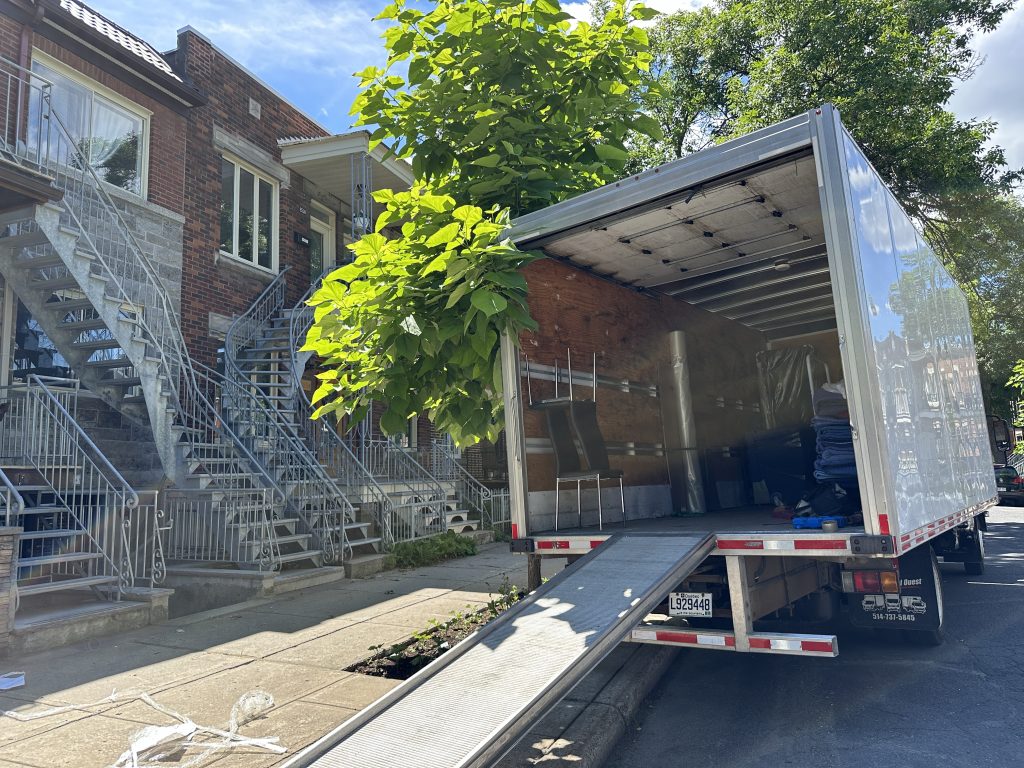Montreal tenant wins battle against excessive rent increases

Posted June 29, 2024 4:13 pm.
Last Updated June 29, 2024 6:26 pm.
A Montreal tenant is celebrating a victory against her landlord regarding excessive rent increases, but she’s still waiting to be paid retroactively.
Laurie Sévigny-Couture has been battling for three years to see her rent decreased after discovering her landlord lied about the lowest rent paid in the past year.
“When we first visited the place, we talked to the last tenants and they told us, ‘yeah, we were paying like $700 less than what he’s asking for,” said Sevigny-Couture, a multidisciplinary artist.
That kickstarted a long battle to get her money back.
“I thought this process was gonna be really simple and gonna be just like one trial,” Sevigny-Couture said. “But because there was the pandemic and all of that, and because he was not helping by not showing up or showing up but with the wrong documents, the process took four years.”

Sevigny-Couture won her case and it’s retroactive to the day she moved in. She says she’s owed an estimated $25,000. “And we still haven’t seen that money,” she said.
Quebec housing advocate group RCLALQ (Regroupement des comités logement et associations de locataires du Québec) says inidviduals tend not to fight “because it’s difficult for a lot of reasons.”
“It’s just difficult to go through all the process of getting the proof at the Tribunal Administratif du Logement (TAL),” said RCLALQ spokesperson Cedric Dussault. “Sometimes when you win, it’s difficult to get paid.”

The TAL, Quebec’s housing tribunal, has recommended to landlords to increase rent an estimated four per cent for unheated dwellings – the highest single-year increase predicted by the board in over a decade.
But data show the rent for a two-bedroom apartment in Montreal, for instance, has surged nearly eight per cent in the last year, making it increasingly difficult for many to find affordable housing.
“If you’re not sure if you receive a rent increase and you’re not sure if it’s abusive or not, you can consult your housing committee and then they will help you to see if it’s legitimate or not,” said Catherine Lussier, the coordinatora at Le Front d’action populaire en réaménagement urbain (FRAPRU).
“And then you can also by that way keep your rent lower by refusing some abusive rent increase.”

After the Quebec government acknowledged the housing crisis, advocacy groups FRAPRU and RCLALQ expected action to prevent excessive rent increases, but they feel the urgency of the situation is being ignored.
“Again, the solution in this case is pretty easy,” said Dussault. “A form of rent control, I mean, this is a form of capping a yearly rent increase. So it would be impossible for a landlord to ask for more than what is legally prescribed. And second, a form of rent registry.”








